OEM Hospotal Single Use Latex bulb IV Infusion Set
Additives mainly refer to various antibiotics, antioxidants, mold inhibitors, binders, colorants, flavouring agents, health care and metabolic regulation drugs, etc. are conducive to enhancing feeding effect, conducive to the production and storage of non-nutritive Feed Additives and their formulated products. It is mainly divided into food additives, feed additives, concrete additives, and oil additives.
Food additives refer to the chemical synthesis or natural substances added to food to improve the quality, color, aroma and taste of food, as well as the need for preservation and processing technology. Food additives are a term that refers to the chemical synthesis or natural substances added to food to improve the quality, color, aroma and taste of food, as well as the need for preservation and processing technology. Food additives are generally not food and may not have nutritional value, but they must conform to the above definition, that is, they do not affect the nutritional value of food, and can prevent food spoilage, enhance food sensory properties or improve food quality.
Feed additives, also known as feed additives, refer to the general term of additives manually added to formula feed in order to make up for the shortcomings of formula feed and some special needs. The functions of additives include: 1) insufficient nutrients in feed; 2) preventing deterioration of feed quality; 3) improving palatability of feed and utilization rate of feed; 4) enhancing disease resistance of feeding animals, promoting normal development and accelerating growth and production of feeding animals; and 5) increasing the output and quality of feeding animal products. The dosage of these special substances is very small, generally according to a few percent of the formula feed to several parts per million (mg/kg), but the effect is very significant. According to some data at home and abroad, it is considered that the average efficiency can be increased by 5%-7%, sometimes up to 10%-15%.
Additives Glycyrrhizinic Acid,Methyl Maltol,Food Additive,Natural Methyl Cyclopentenolone Shandong Chenyi Environmental Protection Technology Co.,Ltd , http://www.chenyichem.com
1, Infusion tubeÂ
2, Spike (pe) with or w/o air vent (with protective cap)
3, Drip Chamber (PVC) with or without fluid filter (fluid filter nominal pore sizeof 15 μm )
4, Flow regulator (ABS or PE)
5, Injection site (Natural latex or latex free, Y type injection)
6, Luer slip or luer lock fitting (with or w/o needle)
7, PE or blister individual package
8, Sterile by EO gas; sterile, non-toxic, pyrogen free
9, Infusion set for single use, gravity feed only.
10, Standard:Â ISO7886-1993
11, scope of application:Â disposable use of venous tranfusion , hypodermic injection in clinic
12, Warns: single use only.,reuse is forbidden.stop using if the pack is damaged
13, Advantages: Technical workers and machines Highly sharp needle points,light punture force,less pain to patient.
STRUCTURE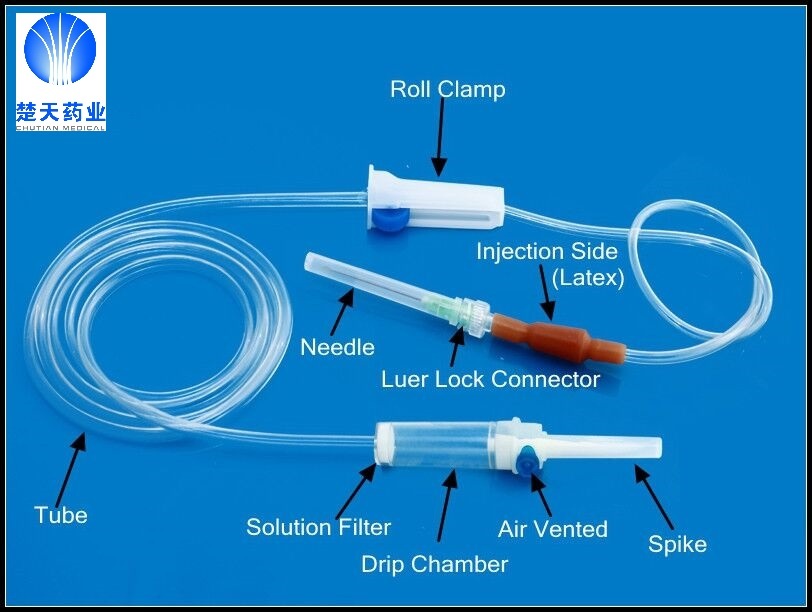
PACKINGÂ 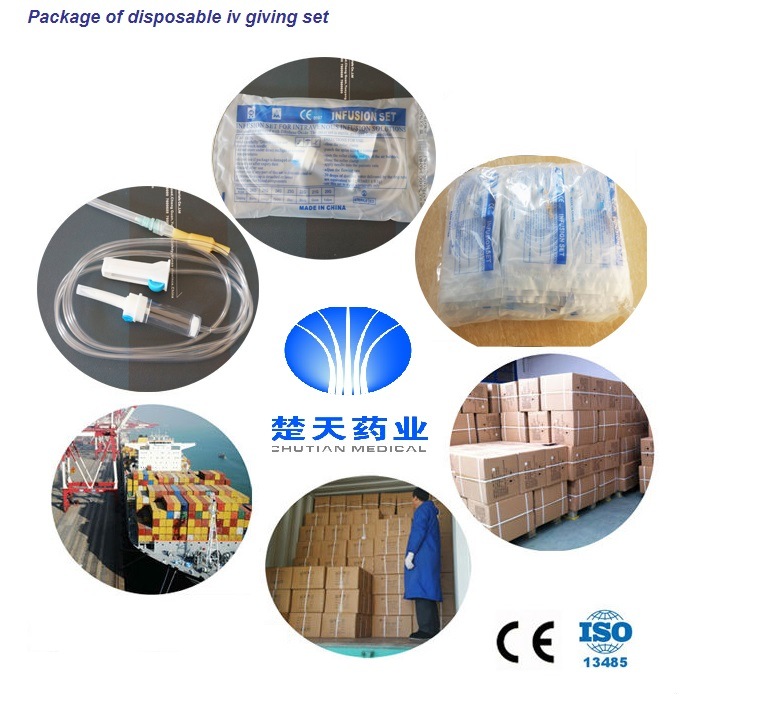
CERTIFICATS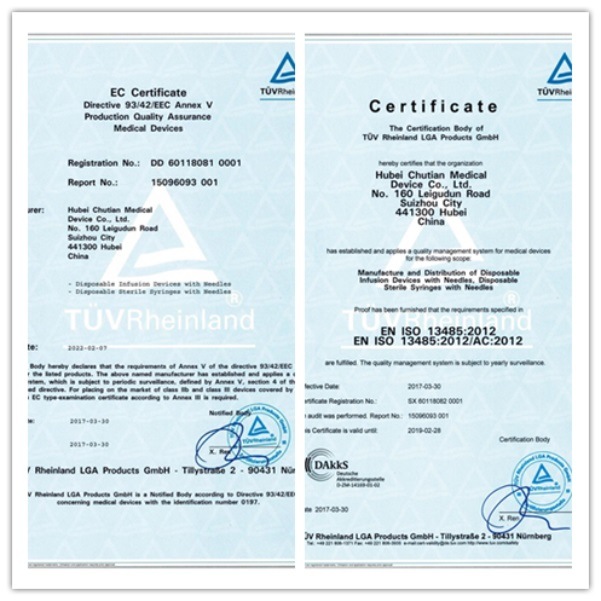
WORKE SHOPÂ 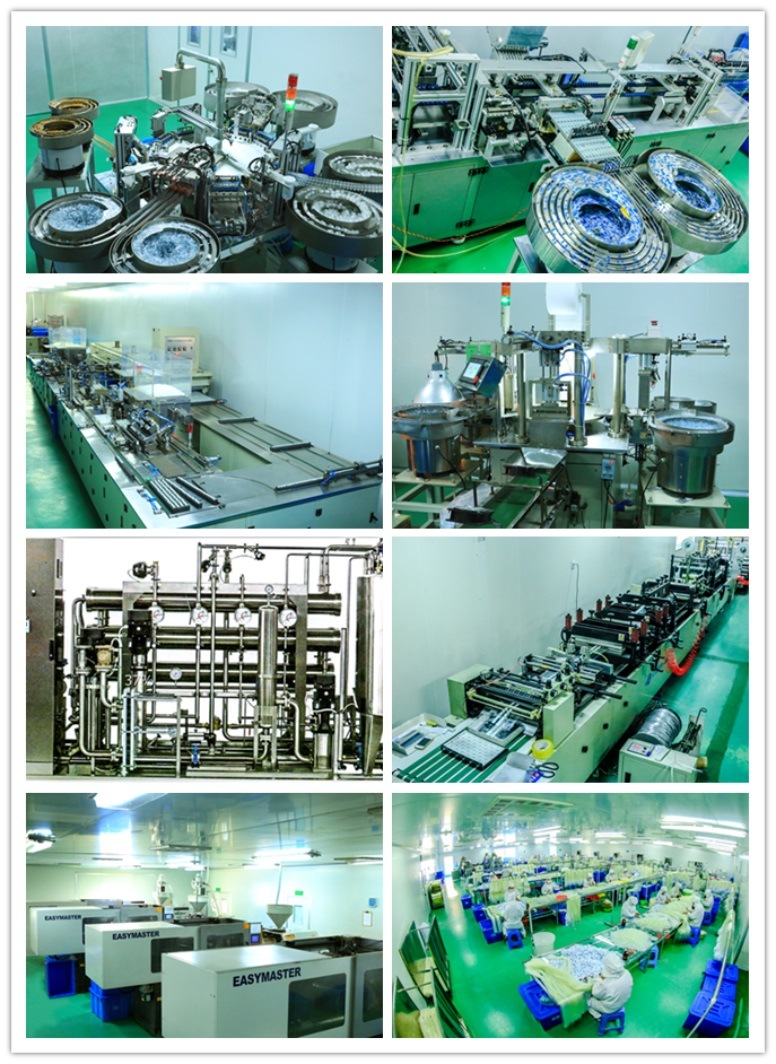
TEST MASHINE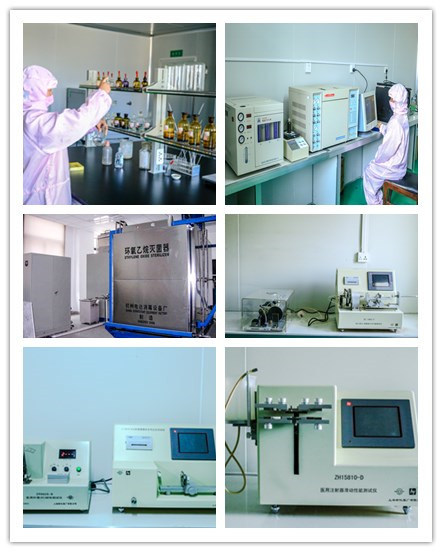
Â
1, Infusion tubeÂ
2, Spike (pe) with or w/o air vent (with protective cap)
3, Drip Chamber (PVC) with or without fluid filter (fluid filter nominal pore sizeof 15 μm )
4, Flow regulator (ABS or PE)
5, Injection site (Natural latex or latex free, Y type injection)
6, Luer slip or luer lock fitting (with or w/o needle)
7, PE or blister individual package
8, Sterile by EO gas; sterile, non-toxic, pyrogen free
9, Infusion set for single use, gravity feed only.
10, Standard:Â ISO7886-1993
11, scope of application:Â disposable use of venous tranfusion , hypodermic injection in clinic
12, Warns: single use only.,reuse is forbidden.stop using if the pack is damaged
13, Advantages: Technical workers and machines Highly sharp needle points,light punture force,less pain to patient.
STRUCTURE
PACKINGÂ 
CERTIFICATS
WORKE SHOPÂ 
TEST MASHINE
Â